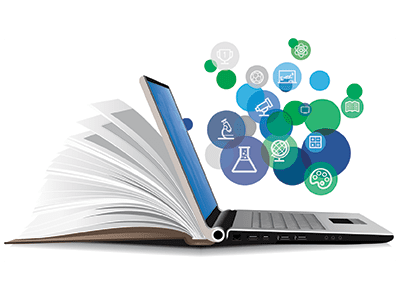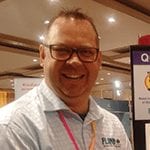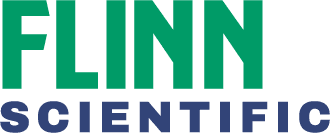Join live or receive a link to the recording and earn a CE certificate

- This event has passed.
Teaching Science and STEM in a COVID World Fully and Safely—Whatever the Learning Approach
Monday, July 27, 2020 @ 3:00 pm - 4:00 pm EDT

Presented by Dr. Mike Marvel, Chief Scientist, Flinn Scientific; and James Palcik, Director of Education, Safety, and Compliance, Flinn Scientific
Sponsored by Flinn Scientific
WATCH THE EDLEADER PANEL RECORDING
Get a CE Certificate for this edLeader Panel Learn more.
Districts face unique challenges in planning for a safe back to school while determining exactly how teaching and learning will look—with areas like STEM particularly challenging.
In this edLeader Panel, we share insights to help you minimize any safety risks for your students, staff and community to return to school. We also discuss ways to enhance remote and hands-on STEM learning and instruction in a safe way, regardless of the learning modality.
Watch Dr. Mike Marvel and James Palcik of Flinn Scientific discuss how the right safety procedures and instructional approaches can make for effective and engaging science laboratory and “hands-on” STEM experiences for middle school and high school students. They share information that can be used to ensure safety across your schools and districts and approaches that can be used in all subjects.
This recorded edLeader Panel will be of interest to administrators and teachers from upper elementary through high school, particularly those interested in how you teach science and STEM in a remote or hybrid learning environment.

Mike Marvel, Ph.D. leads the science team at Flinn Scientific, including the development of laboratory manuals, online courseware and professional learning programs. He is a frequent workshop presenter at national and regional science education conferences. Before joining Flinn, Mike spent three years as an assistant professor of chemistry at Aurora University, where he taught inorganic and general chemistry and led an undergraduate research program funded by American Chemical Society Undergraduate Young Investigator and National Science Foundation Transforming Education in Undergraduate Education awards. Mike has authored or co-authored 13 manuscripts in peer-reviewed journals on topics ranging from unique pedagogies in the science lab to the commercial applications of solid-state metal oxides. Mike holds a Ph.D. in inorganic and solid state chemistry from Northwestern University. Mike is passionate about helping schools address the challenges of hybrid learning for science education.

Join the STEM Learning: Full STEAM Ahead community to network with educators, participate in online discussions, and receive invitations to upcoming edLeader Panels.



